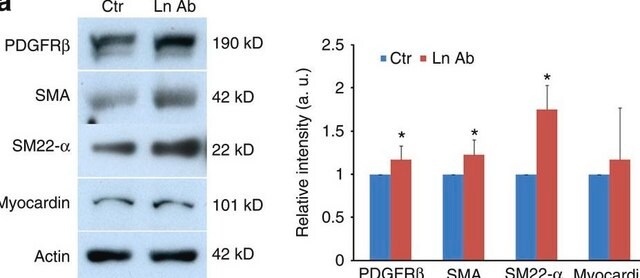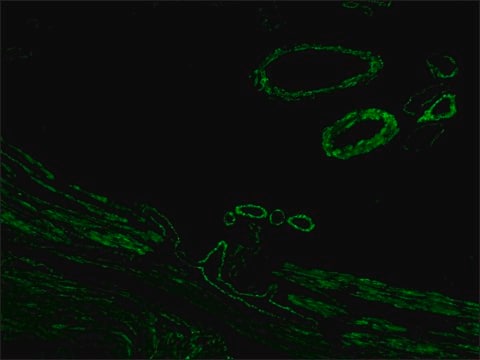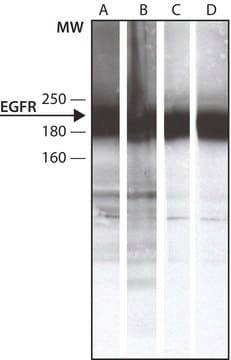P1869
Anti-Phosphotyrosine antibody, Mouse monoclonal
clone pT-154, purified from hybridoma cell culture
Sinónimos:
Phospho-Tyr, Phospho-tyrosine, p-Tyr
About This Item
Productos recomendados
conjugate
unconjugated
antibody form
purified immunoglobulin
antibody product type
primary antibodies
clone
pT-154, monoclonal
concentration
~2 mg/mL
technique(s)
direct ELISA: suitable
immunohistochemistry: suitable
microarray: suitable
western blot: 2-4 μg/mL using total extract of A431 cells stimulated by EGF
isotype
IgG2b
shipped in
dry ice
storage temp.
−20°C
target post-translational modification
unmodified
General description
Immunogen
Application
- enzyme linked immunosorbent assay (ELISA)
- western blot
- immunohistochemistry
Biochem/physiol Actions
Physical form
Disclaimer
¿No encuentra el producto adecuado?
Pruebe nuestro Herramienta de selección de productos.
Storage Class
10 - Combustible liquids
flash_point_f
Not applicable
flash_point_c
Not applicable
Certificados de análisis (COA)
Busque Certificados de análisis (COA) introduciendo el número de lote del producto. Los números de lote se encuentran en la etiqueta del producto después de las palabras «Lot» o «Batch»
¿Ya tiene este producto?
Encuentre la documentación para los productos que ha comprado recientemente en la Biblioteca de documentos.
Nuestro equipo de científicos tiene experiencia en todas las áreas de investigación: Ciencias de la vida, Ciencia de los materiales, Síntesis química, Cromatografía, Analítica y muchas otras.
Póngase en contacto con el Servicio técnico








